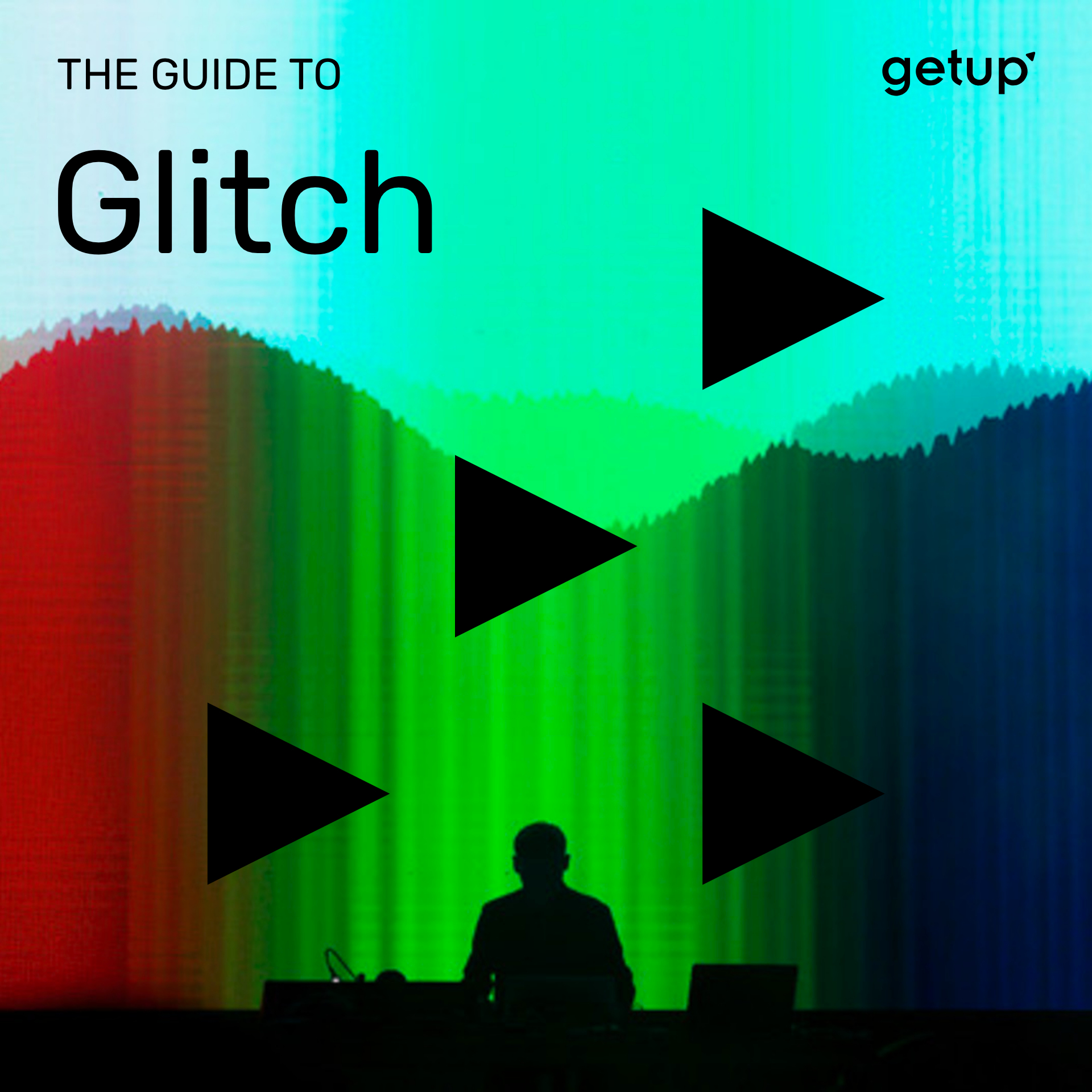What was this motley musical trend that we (rightly or wrongly) gather under the name ‘glitch’?
In his 1913 work The Art of Noise, futuristic artist Luigi Russolo invoked car horns and the roar of airplanes as the sounds that the modern musician had to make use of. The new soundscapes of the 90s were inspired by what musician Kim Cascone describes as a ‘post-digital aesthetic’: the sound of a computer fan, the thud of hard disks, the rhythm of printers, sounds integrated into user interfaces, billions of bytes converted into sound. As well as these sounds, many artists became interested in technological ‘failures’: bugs, crashes, the squealing of sound cards… From that moment on, computers became the new musical instruments, with musicians making use of them in ways totally unforeseen by IT engineers...
In this way, Stefan Betke (Pole)'s approach is typical. One day a friend offered him an analog filter ‘Waldorf 4-Pole’ which he unfortunately dropped. Believing that the thing was now unusable, he put it away intending to get rid of it. Later, he accidentally turned on the filter and found that it randomly generated a whole series of rhythmic crackles and whistles. He decided to use this as a basis upon which to add a bassline and some other sound effects to create what he calls an ‘atmosphere’. Knowing that each time the filter was turned off and on again it generated a new string of random noises, Stefan Betke was able to compose a series of three albums from what the machine ‘invented’. Instead of dressing up these basic ingredients with layers of arrangement, the crackling remains at the centre of the composition. ‘The less information there is on a track, the more interesting and usable I find it.’ It's the logic of dub applied to electro...
In the ‘glitch’ world, the different ways of working are almost infinite depending on the machines or the software used, and it is impossible to list them all here. Markus Popp (Oval), for example, damages CDs to invent all sorts of loops. Jan Jelinek samples jazz albums to the point of making them unrecognisable. As for the duo Pan Sonic, they only use analog tools in order for there to remain a physical perception of sound… But the main aim was to move away from electronic music standards of the time (techno, house, drum’n’bass...) in order to explore other soundscapes. In the end, this approach is very close to the musical avant-garde (John Cage, Christian Marclay...), even if most of the time these artists weren’t exactly musicians but rather architects, designers, and computer scientists. The San Francisco composer Kit Clayton got involved via a software development company (C'74) whilst developing Max/MSP, and Robert Henke aka Monolake is one of the inventors of the Ableton Live software. Some influences were totally foreign to a musical universe: Ikeda, for example, doesn’t cite the influence of any composer, but rather of modern mathematicians such as Leibniz, Gödel, and Cantor. The world of philosophy can also take credit – Mille Plateaux, the celebrated label dedicated to glitch, takes its name from a famous work by Gilles Deleuze and Félix Guattari.
The possibility for non-musical musicians to not only compose but also invent the instruments upon which they’re creating their compositions opened up to us through glitch ; for these artists, binary code has replaced solfège…







.jpg)
.jpg)